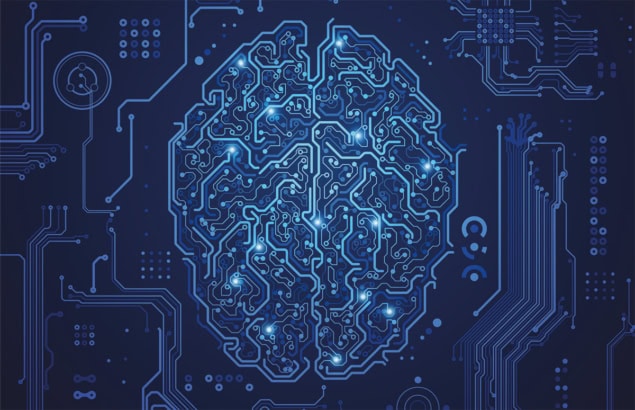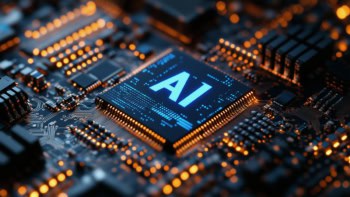Matin Durrani believes that the Nobel Committee for Physics is perfectly right to give this year’s prize to two pioneers of AI and machine learning

I’ll admit that this year’s Nobel Prize for Physics took us here at Physics World by surprise. Trying to guess who might win a Nobel is always a mug’s game but with condensed-matter physics having missed out since 2016, our money was on research into, say, metamaterials or twisted graphene winning. We certainly weren’t expecting machine learning and artificial intelligence (AI) to come up trumps.
Machine learning these days has a huge influence in physics, where it’s used in everything from the very practical (designing new circuits for quantum optics experiments) to the esoteric (finding new symmetries in data from the Large Hadron Collider). But it would be wrong to think that machine learning itself isn’t physics or that the Nobel committee – in honouring John Hopfield and Geoffrey Hinton – has been misguidedly seduced by some kind of “AI hype”.
Hopfield, 91, is a fully fledged condensed-matter physicist, who in the 1970s began to study the dynamics of biochemical reactions and its applications in neuroscience. In particular, he showed that the physics of spin glasses can be used to build networks of neurons to store and retrieve information. Hopfield applied his work to the problem of “associative memories” – how hearing a fragment of a song, say, can unlock a memory of the occasion we first heard it.
His work on the statistical physics and training of these “Hopfield networks” – and Hinton’s later on “Boltzmann machines” – paved the way for modern-day AI. Indeed, Hinton, a computer scientist, is often dubbed “the godfather of AI”. On the Physics World Weekly podcast, Anil Ananthaswamy – author of Why Machines Learn: the Elegant Maths Behind Modern AI – said Hinton’s contributions to AI were “immense”.
Deep connections: why two AI pioneers won the Nobel Prize for Physics
Of course, machine learning and AI are multidisciplinary endeavours, drawing on not just physics and mathematics, but neuroscience, computer science and cognitive science too. Imagine though, if Hinton and Hopfield had been given, say, a medicine Nobel prize. We’d have physicists moaning they’d been overlooked. Some might even say that this year’s Nobel Prize for Chemistry, which went to the application of AI to protein-folding, is really physics at heart.
We’re still in the early days for AI, which has its dangers. Indeed, Hinton quit Google last year so he could more freely express his concerns. But as this year’s Nobel prize makes clear, physics isn’t just drawing on machine learning and AI – it paved the way for these fields too.
- For more on the role of AI in scientific reserach, check out the dedicated Aritifical Intelligence page.



